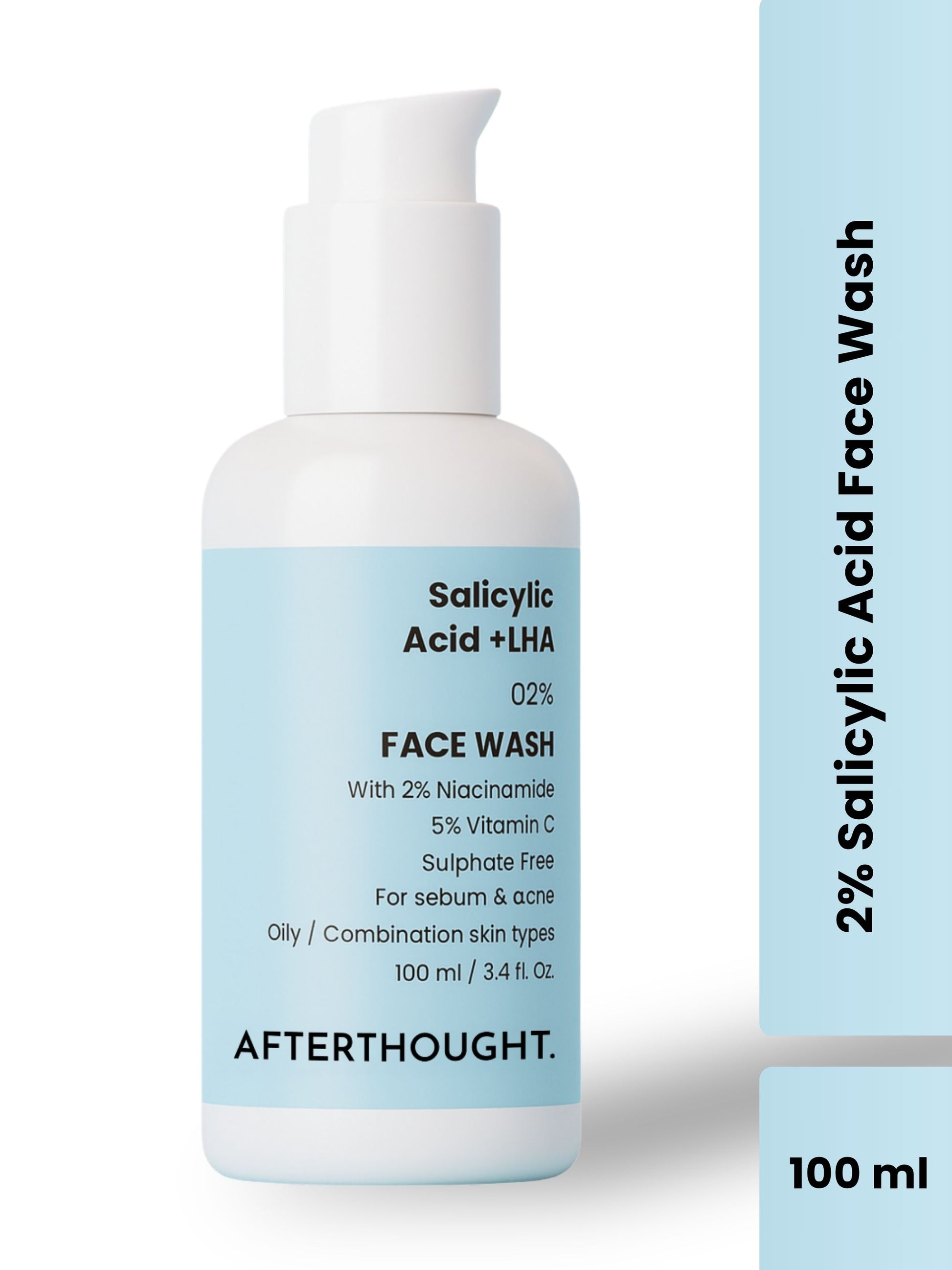How Many Times To Wash Face For Oily Skin?
Welcome to Afterthought. Maintaining healthy skin requires a balanced approach, especially for those with oily skin. Over-washing or under-washing can exacerbate skin issues, making it crucial to find the right routine. This article delves into the ideal face-washing frequency for oily skin and provides comprehensive guidance on achieving a balanced skincare routine.
Understanding Oily Skin
Oily skin is characterized by an overproduction of sebum, the skin's natural oil. While sebum is essential for keeping the skin moisturized and protected, excessive amounts can lead to clogged pores, acne, and a shiny complexion. Factors influencing sebum production include genetics, hormones, diet, and environmental conditions.
Ideal Face-Washing Frequency
Morning and Evening Cleansing
For individuals with oily skin, washing the face twice daily—once in the morning and once in the evening—is generally recommended. This routine helps to:
- Remove Excess Oil: Overnight, the skin continues to produce oil, which can combine with sweat and dead skin cells, leading to clogged pores. Morning cleansing removes this buildup.
- Cleanse Pollutants and Bacteria: Evening cleansing removes the day's accumulation of dirt, pollutants, and bacteria, reducing the risk of acne and other skin issues.
The Danger of Over-Washing
While it might be tempting to wash your face multiple times a day to combat oiliness, over-washing can strip the skin of its natural oils. This can lead to:
- Increased Oil Production: Stripping the skin of its natural oils can signal the sebaceous glands to produce even more oil, exacerbating the problem.
- Irritation and Sensitivity: Over-washing can damage the skin barrier, leading to irritation, redness, and increased sensitivity.
Steps to an Effective Cleansing Routine
1. Choose the Right Cleanser
Opt for a gentle, foaming cleanser that is specifically formulated for oily skin. Avoid harsh cleansers that contain alcohol or sulfates, as these can strip the skin of essential oils and disrupt the skin barrier.
2. Use Lukewarm Water
Hot water can dry out the skin and increase oil production. Lukewarm water is ideal for effectively cleansing the skin without causing irritation.
3. Be Gentle
When washing your face, use your fingertips to gently massage the cleanser into your skin. Avoid using harsh scrubs or rough washcloths, which can irritate the skin and cause micro-tears.
4. Pat Dry
After rinsing, gently pat your face dry with a clean, soft towel. Avoid rubbing, as this can irritate the skin.
5. Follow with a Suitable Moisturizer
Even oily skin needs hydration. Choose a lightweight, non-comedogenic moisturizer that helps maintain the skin's moisture balance without clogging pores.
6. Incorporate Exfoliation
Exfoliate 2-3 times a week to remove dead skin cells and prevent clogged pores. Use a gentle exfoliant suitable for oily skin, and avoid over-exfoliating, which can irritate the skin and lead to increased oil production.
Additional Tips for Managing Oily Skin
1. Use Oil-Free Products
Ensure all your skincare and makeup products are oil-free and non-comedogenic to prevent clogged pores and acne.
2. Blotting Papers
Throughout the day, use blotting papers to remove excess oil without disrupting your makeup or skincare routine.
3. Maintain a Healthy Diet
A diet rich in fruits, vegetables, and whole grains can help regulate oil production. Avoid excessive consumption of greasy and sugary foods, which can contribute to oiliness and acne.
4. Stay Hydrated
Drinking plenty of water helps maintain overall skin health and can balance oil production.
5. Manage Stress
Stress can trigger an increase in sebum production. Incorporate stress-relief practices such as exercise, meditation, and adequate sleep into your routine.
Conclusion
Finding the right balance in your face-washing routine is crucial for managing oily skin. Washing your face twice a day, using the appropriate products, and following a gentle skincare regimen can help control oil production and maintain healthy skin. Remember, consistency is key, and with time and patience, you can achieve a clear, balanced complexion.









